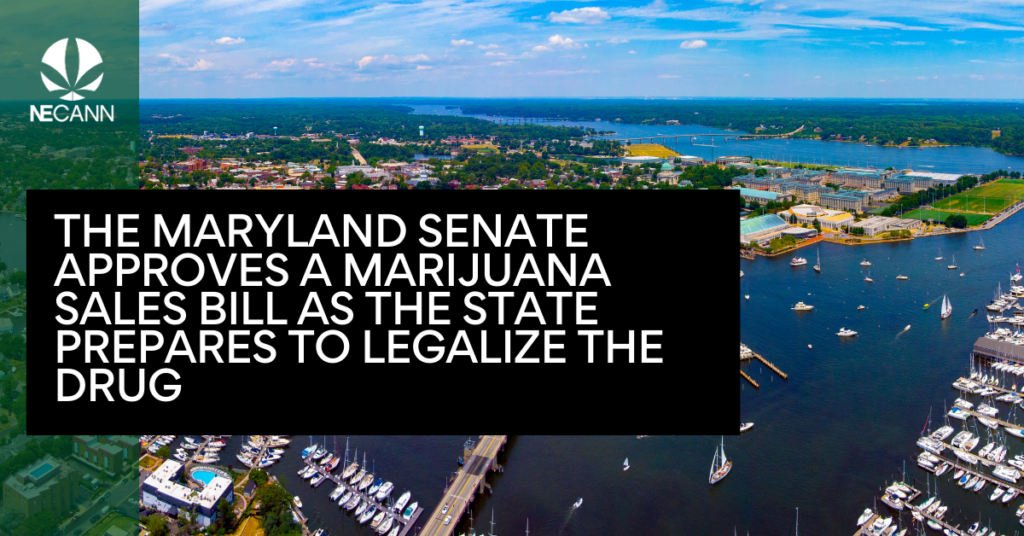To prepare for legalization, the Maryland Senate has advanced a marijuana sales law with several amendments, according to a report by Marijuana Moment.
Sen. Brian Feldman (D) and Antonio Hayes (proposal) passed on second reading in the Senate, days after clearing a committee stop.
The House of Delegates passed its counterpart this month. The House and Senate bills were identical when presented, but they were amended differently.
The Senate first approved a major change that closely matches the House version. That includes approving numerous technical revisions, altering advisory commission structure policies, and amending delta-8 THC definitions that could affect the state’s hemp business. To match House law, social equity applicants were redefined.
However, the body made several changes from the House bill, including setting the cannabis sales tax at 9%, creating a new independent agency to govern marijuana, requiring retailers to verify ID for cannabis users, and prohibiting on-site consumption of combustible products.
Members also voted against a change that would have given some hemp and CBD businesses that were already open a year instead of three months to close. Other changes that didn’t pass would have made regulators study the effects of canopy size limits on the industry and given medical cannabis delivery services an extra six months to keep running.
The group also voted against a change that would have added members of law enforcement and the state Highway Safety Office to the group that regulates cannabis and would have required five years of reports on how the change would affect public safety. Another amendment that was voted down would have given cannabis tax money to cities and towns instead of to counties.
Senators also voted against changes that would have lowered fees for licensed retailers and let cities and counties make stricter rules about smoking cannabis in public.
Another amendment that was turned down would have made the social equity office create a program to help the industry grow and give people who have been convicted of possession with the intent to sell a way to work in the industry.



